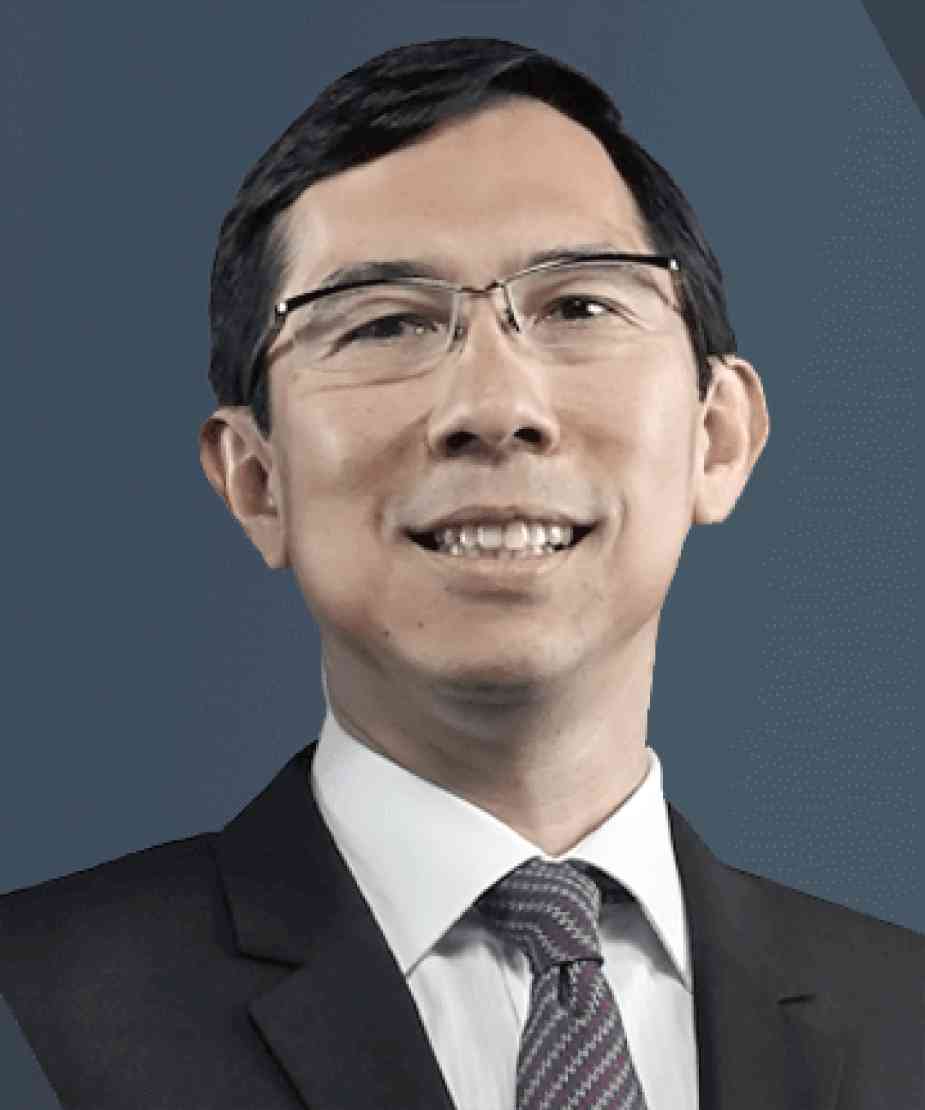CFOs take on new roles
There was a time when the role of the chief finance officer was defined differently.
As recently as 10 years ago, the CFO was mainly tasked to make sure the company has enough funds to bankroll its projects and keep its operations running smoothly; talk to banking and finance institutions to secure the cheapest possible funds and make sure that accounting records are in keeping with accounting and auditing standards.
But the role has significantly evolved since then, says Ayala Corp. CFO Jose Teodoro K. Limcaoco.
“The CEOs have begun to look at their CFOs as a strategic partner in making decisions. The environment just got a lot more complex,” says Limcaoco, the 2017 recipient of the ING Finex CFO of the Year award from Dutch financial giant ING Bank, N.V, and the Financial Executives Institute of the Philippines (Finex).
Limcaoco points to the Asian currency crisis of July 1997 as a defining moment that forever changed the nature of finance.
Back then, the idea was to borrow as much cheap money as possible and typically in foreign denominations. Very little thought was given to the possible risks as the belief was that the party will go on forever. That thinking changed practically overnight when countries saw their currencies lose value against the greenback when sentiment reversed.
“CFOs have become very conscious of risk,” says Limcaoco, who is also Ayala Corp.’s Chief Risk Officer and Chief Sustainability Officer, “And CFOs had to become more global in thinking.”
Limcaoco, who graduated with a degree in BS Mathematical Sciences from Stanford University in 1984 and earned his Master’s Degree in Finance from Wharton School University in 1988, tells the Inquirer in an interview that given how interconnected the world has become, with money flowing easily from one market to another, finance executives have no choice but to be conscious of what is happening around the world, not just in their backyard.
And as CFOs have expanded their world view, so have the local regulators including the Bangko Sentral ng Pilipinas, which has put in place significant reforms in the areas of risk management and good governance.
Corporations have also learned to be more prudent to ensure the health of their balance sheets. No more taking on more liabilities that can be handled or having too much exposure in just one field. Diversification and prudence have become strong guiding posts.
These factors combined to shield the Philippine corporate arena and the financial system from the worst effects of succeeding financial crises, most recently the global economic crisis of 2008.
The Philippines weathered that storm and have remained healthy, especially companies such as Ayala that have long espoused the values of good governance and risk management and have interests in vital sectors such as real estate, financial services, telecommunications, water infrastructure, electronics manufacturing, power generation, transport, automotive, healthcare and education.
The responsibility of helping the CEO ensure that Ayala Corp, which has over P900 billion in assets, continues to adhere to these high standards is taken on by Limcaoco, who was appointed CFO and Finance Group Head effective April 10, 2015.
Prior to that, he was president of BPI Family Savings Bank. Previous assignments include president of BPI Capital Corporation from 2007 to 2010. He was officer-in-charge for Ayala Life Assurance, Inc. and Ayala Plans, Inc., Trustee and Treasurer of Ayala Foundation, Inc., president of myAyala.com, and CFO of Azalea Technology Investments, Inc.
In his speech when he accepted the ING Finex CFO of the Year Award last year, he said the CFO in many respects acts as the alter ego of the CEO and both have to work closely together to ensure the success and growth of a conglomerate such as Ayala.
For Limcaoco, he also considers the CFO an indispensable partner in ensuring the “sustainability’ of Ayala Corp.; sustainability he defines as being in business “forever.”
“For many, sustainability is about the environment. For me, sustainability is ensuring that the business lasts forever. A business is just like any other person. It is an entity, a juridical person. The responsibility of management is to make sure that this person survives as long as possible,” he says.
And surviving means looking far beyond profit.
Focusing solely on the bottom line can be dangerous as it may mean cutting corners and scrimping on investments, especially in the well being of employees, vital research and development and entry into new sectors that may become big revenue generators down the road.
“For me, that is what sustainability is, ensuring that you have the resources for the long term and that these resources are properly deployed. For finance, that is cash. Where do you draw the resources from and what’s your backup in case things go bad? That is the thinking you must always have,” says Limcaoco.

